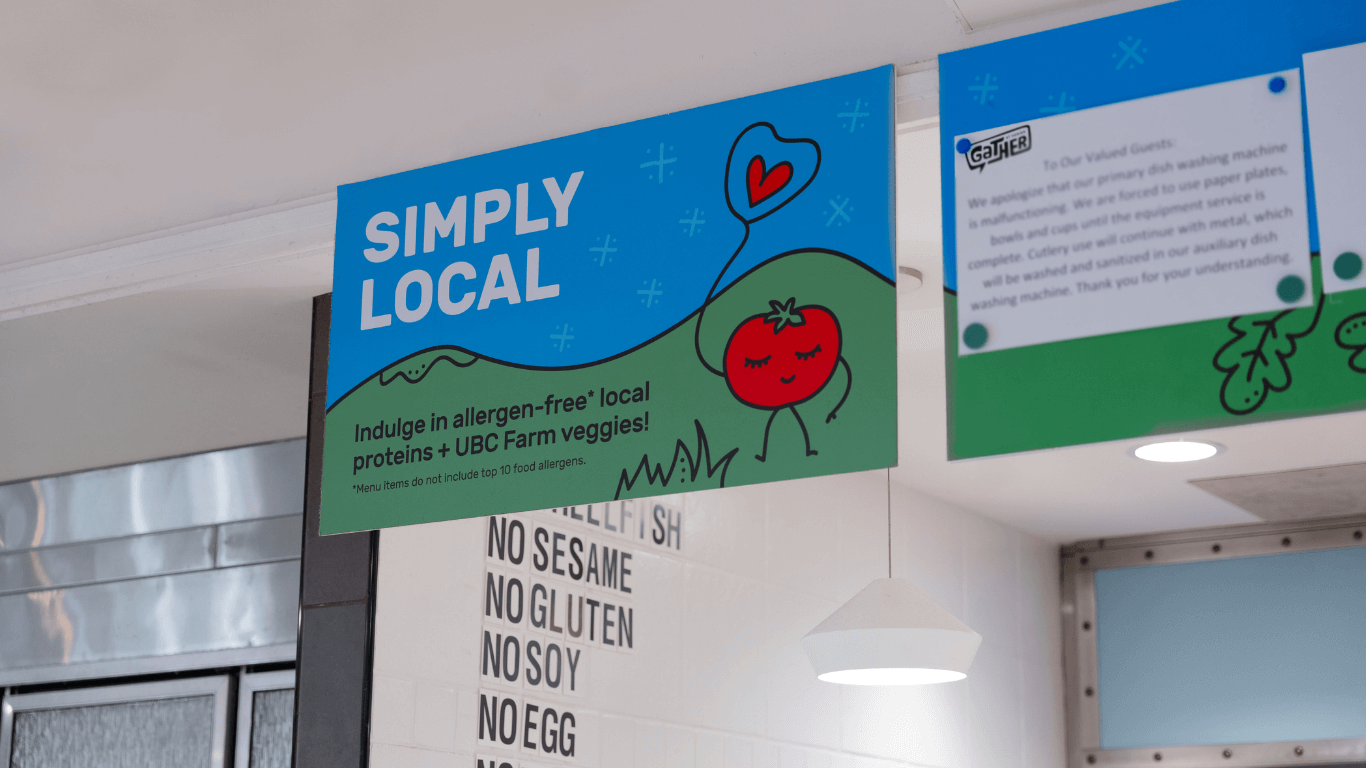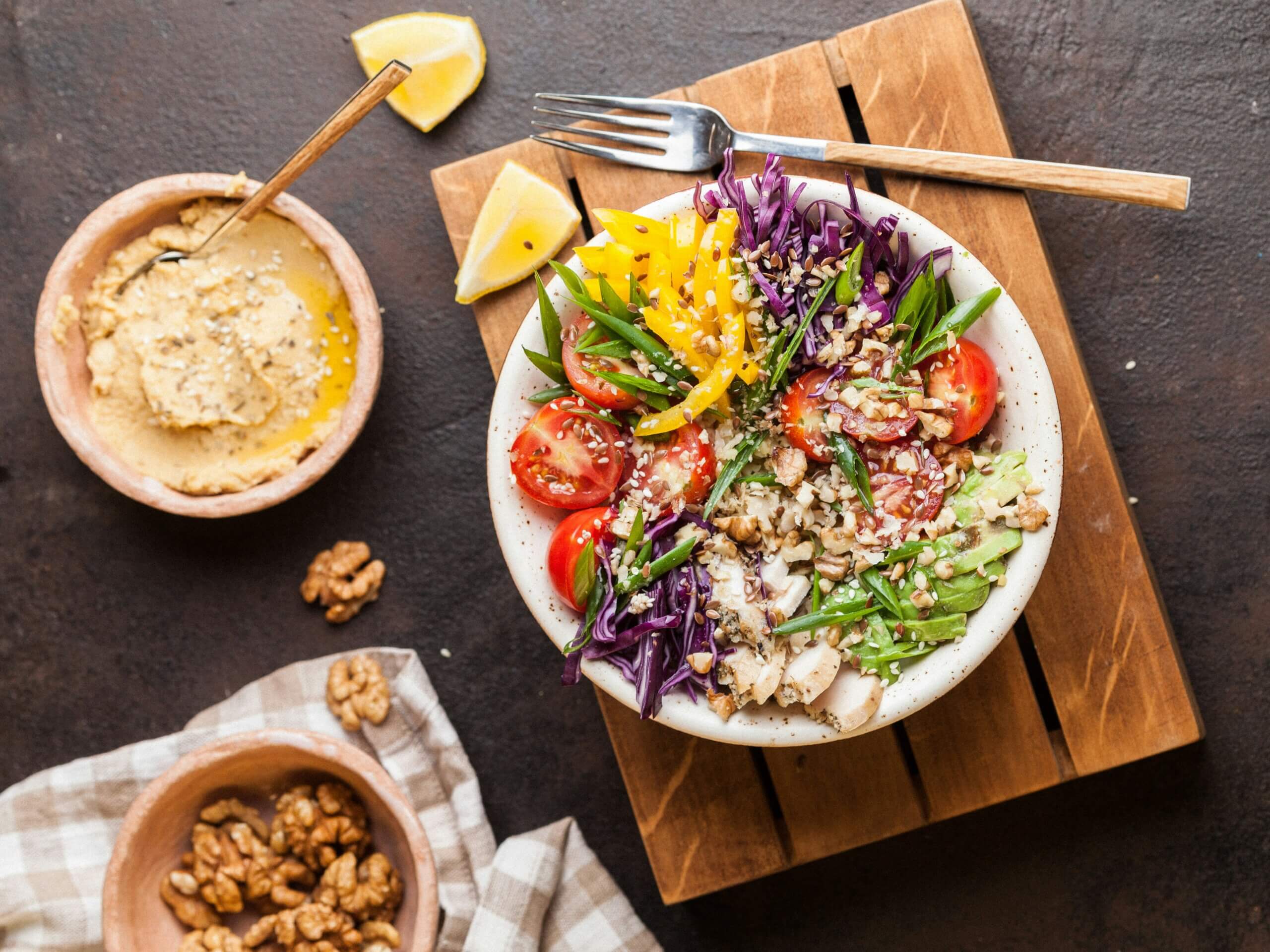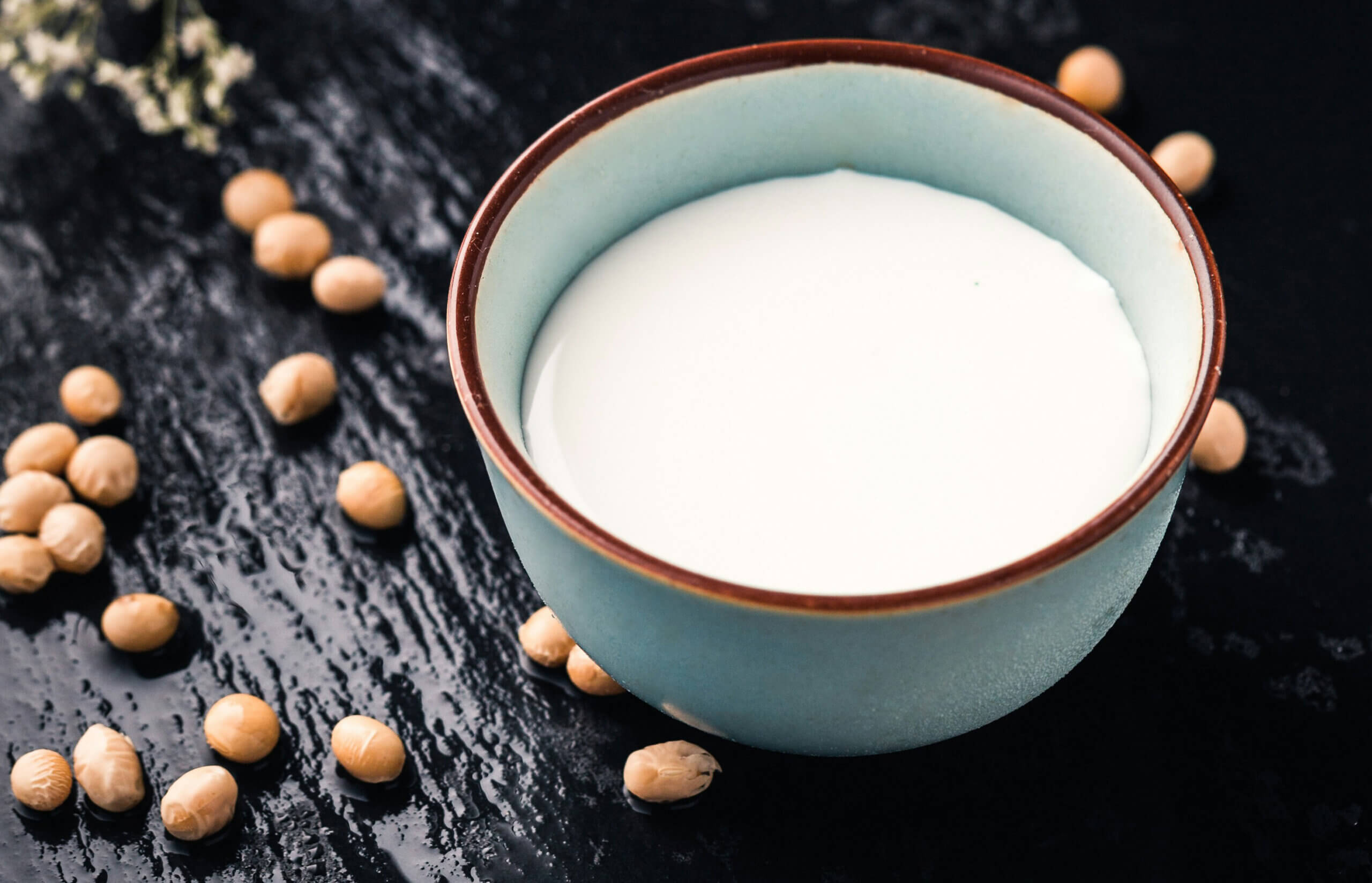We all know that dreaded feeling of waking up with a scratchy, dry throat. You know a cold is coming, and have no way to stop it. This is especially troublesome during midterms and final exams! On average, you are likely to get 2.5 colds per year and miss about nine hours of school or work per cold.
Pills, supplements and herbal remedies touting their remarkable ability to boost your resistance to viruses shouldn’t be your first choice. There are other ways to ward off viruses that are easier on your wallet and better for your body. Research shows that getting enough of a few micronutrients may help protect you from illness, and opting to get these micronutrients from food is superior to supplements because they provide more nourishment than a supplement alone.
Here are some key foods to include in your diet this cold and flu season:
1. Probiotic Yogurt and Kefir
There is evidence that probiotics improve your ability to ward off the common cold. When shopping, look for the word “probiotic” specifically as many foods contain live bacteria or are fermented but that doesn’t mean they have a probiotic effect. Probiotics are specific strains of bacteria and yeast that are shown to have a health benefit in adequate amounts.
Always buy plain yogurt and kefir to avoid excess sugar found in sweetened varieties. Save your sugar allowance for dark chocolate! Enjoy kefir or yogurt with your morning oatmeal, blend them into a smoothie, mix them into dips, or just enjoy them on their own. But ensure you don’t heat them by using them in soups or other hot dishes as the heat will kill the bacteria.
2. Oranges and Bell Peppers
Oranges and bell peppers are packed with vitamin C, as are tomatoes, broccoli and potatoes. While vitamin C will not prevent you from catching a cold, there is some evidence (e.g. here and here) that it can reduce the duration of a cold. Despite the effect not being dramatic, vitamin C rich foods are great for your health either way. So skip the supplement and add more citrus fruits and crunchy peppers to your shopping cart instead.
3. Pumpkin
I always get two pumpkins at Halloween: One to carve and one to eat! Pumpkin is packed with vitamin A, which can help support your immune system. Cold season is in full swing by Halloween, when pumpkins are plentiful and affordable. Other yellow squashes and leafy greens are also a good source of vitamin A.
To prepare your pumpkin, scrape out the seeds and fibre, chop it into large squares, drizzle with olive oil and roast until tender. Let the pieces cool and then puree and freeze the pumpkin for easy additions to soups, muffins, and pies all year. Pumpkin Brûlée, a healthy dessert or breakfast, is a delicious way to get some vitamin A, too. And make sure you save those pumpkin seeds to roast. They are chock-full of nutrients. Plus, they make popping noises when you roast them!
4. Oats and Barley
Multiple studies (here, here, and here, for example) have shown that a special little polysaccharide called beta glucan can help prevent and/or reduce the duration of the common cold. Whole grains oats and barley are especially high in beta-glucan. It is important to note that most studies used a concentrated preparation of beta glucan and/or used fungi and yeast as the source. Beta glucans from different sources may have different effects. But, oats and barley have many other known benefits, such as helping to lower blood cholesterol, so it is worth consuming them nonetheless.
What else can you do to avoid catching a winter bug?
Aim to eat the rainbow every day and ensure half your plate is fruit and vegetables at each meal. Eating a well-balanced plant-based diet is one of the best ways to stay healthy and productive during cold and flu season – in addition to controlling stress (easier said than done), sleeping 7-9 hours per night, washing your hands and moving your body. It is worth it to make these things a priority, even when you are busy – your productivity and mental performance are best when your body is healthy!







